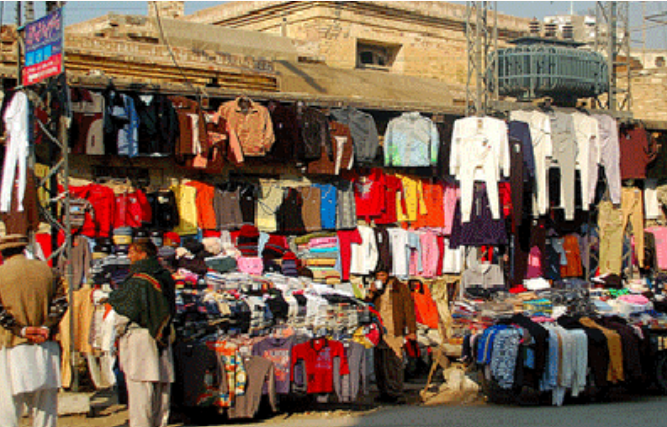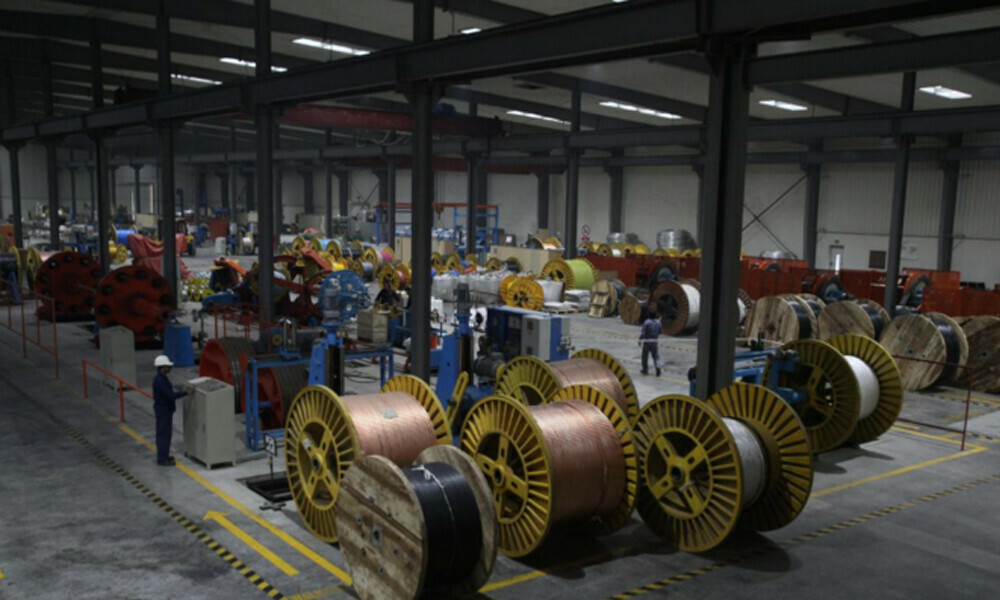In recent years, Pakistan's economy has been a subject of both hope and concern. While there have been periods of growth and promise, persistent challenges continue to hinder the nation's progress toward sustained prosperity. As we look ahead, it's becoming increasingly clear that fundamental structural reforms are essential to chart a course towards a more robust and resilient economy.
Understanding the Current Scenario
Pakistan's economic journey has been characterized by a series of fluctuations and setbacks. Challenges such as political instability, high debt levels, and an overreliance on imports have cast a shadow over the nation's economic prospects. Despite these hurdles, there is optimism that Pakistan could experience a turnaround if it capitalizes on opportunities in sectors like technology and manufacturing, coupled with governance reforms and investments in human capital. However, achieving sustained growth remains elusive, with the economy stuck in a cyclical pattern that necessitates long-term structural reforms.
The Imperative of Structural Changes
To break free from the cycle of boom and bust and set the stage for sustained economic growth, Pakistan must prioritize structural changes across various fronts.
Diversification of Economic Base: Pakistan's economy is heavily skewed towards a few sectors, leaving it vulnerable to external shocks. By encouraging diversification into high-value industries such as technology, services, and manufacturing, Pakistan can create new avenues for growth and employment, reducing its dependence on a narrow range of sectors.
Investment in Infrastructure: Inadequate infrastructure poses a significant impediment to economic development. Investments in transportation, energy, and digital infrastructure are crucial to unlocking the full potential of key sectors and facilitating trade both domestically and internationally.
Improving Ease of Doing Business: Cumbersome bureaucratic procedures and regulatory hurdles stifle investment and entrepreneurship. Streamlining regulations, reducing red tape, and enhancing transparency can create a more conducive environment for business growth, attracting investment and stimulating private sector activity.
Human Capital Development: Investing in education, healthcare, and skills training is paramount for building a skilled workforce capable of driving innovation and productivity growth. Empowering women and marginalized groups through targeted interventions can unlock untapped talent and foster social inclusivity, contributing to long-term economic development.
The Role of the Manufacturing Sector
Among the various sectors, manufacturing holds particular significance for Pakistan's economic trajectory. However, realizing the full potential of the manufacturing sector requires concerted efforts in several key areas.
Technological Advancement: Embracing advanced technologies and modern manufacturing processes is essential for enhancing productivity and competitiveness. Investments in research and development can facilitate technological upgrading across the manufacturing sector, enabling it to meet the demands of a rapidly evolving global market.
Export-Led Growth: Promoting export-oriented industries can help address Pakistan's trade deficit and bolster its foreign exchange reserves. Establishing special economic zones and offering incentives for export-oriented industries can attract investment and stimulate export-led growth, positioning Pakistan as a competitive player in the global marketplace.
Supply Chain Integration: Strengthening backward and forward linkages within the manufacturing sector can enhance efficiency and resilience. Developing a robust network of suppliers and distribution channels can reduce costs, improve reliability, and enable faster response to market demands, fostering a more dynamic manufacturing ecosystem.
Sustainability Practices: Embracing sustainable manufacturing practices is not only imperative for environmental preservation but also for meeting international standards and maintaining competitiveness. By adopting eco-friendly technologies and promoting resource efficiency, Pakistan's manufacturing sector can demonstrate its commitment to responsible growth and position itself as a global leader in sustainability.
In conclusion, Pakistan stands at a critical juncture in its economic journey, with the opportunity to enact transformative reforms that can reshape its economic landscape for the better. By embracing structural changes and unleashing the potential of sectors like manufacturing, Pakistan can lay the foundation for a more resilient, inclusive, and prosperous economy that benefits all its citizens.















.png)




